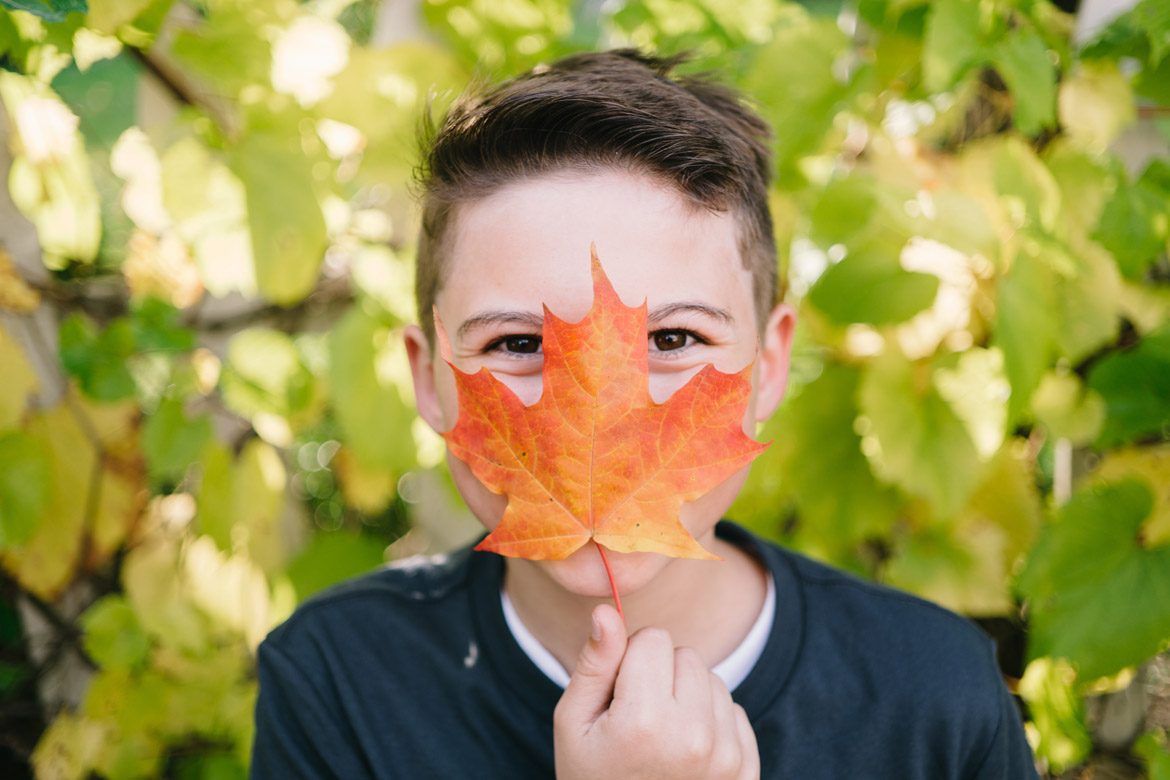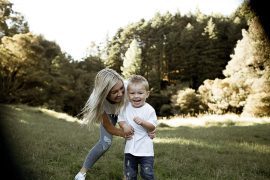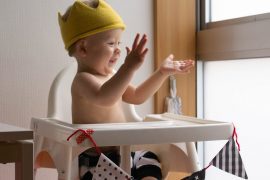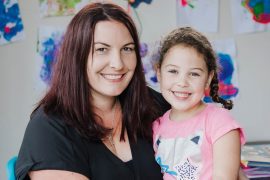By Nelle Myrica Donaldson
I hear my child groaning in defeat. I look up to see that he is trying to fashion the basket he’s been wearing on his head into a hat for his rocking horse. Unfortunately, the horse’s handles, or ears as they appear to be, stick out wider than the basket rim. Its horse head provides no chin to nestle into the basket handle (or chin strap as it were) so the hat keeps falling off to the side. This frustrates him. I offer to help, fashioning the basket to the side, a little like a 1940s tilt hat. Not quite pleased, he makes an adjustment that cleans up the aesthetic and, together, we have solved the problem.
Downton Abbey‘s notoriously biting-yet-sage Dowager Countess of Grantham delivers the line, “All life is a series of problems, which we must try and solve; first this one, then the next, and the next, until at last we die.” You may think her a pessimist, but it’s a practical perspective; and with a growth mentality (I can learn by solving problems!) and a positive attitude (I can enjoy solving problems!) it’s not half-bad as a worldview.
Plus, problem solving is kind of like a human creature power (to borrow terminology from one of my kids’ PBS favorites, Wild Kratts): in our self-conscious self-awareness, we are deeply encoded for problem solving, and uniquely capable.
As children, we are supported and encouraged in our learning through collaborative problem solving with more skilled “partners”: teachers, parents, and other role models. My experience with physics was observed and absorbed by my son, who was then able to execute his idea to his satisfaction. In the developmental psychology classic, Apprenticeship in Thinking, Barbara Rogoff calls these types of exchanges “guided participation”, defined as “building bridges between what children know and new information to be learned….transferring to children the responsibility for managing problem solving.” Guided participation is a human universality: the nature of human nurture.
Another groan of frustration…”Do you need help zipping up that jacket?” I ask my three-year-old. He has squeezed himself into the royal blue puffy jacket he wore when he was not yet two and is struggling to make the zipper meet. The cuffs are snug on his forearms.
“No!” he whines with conviction, “Police officers can do everything all by themselves!” The small jacket is apparently serving as a police costume.
“Honey, no one can do everything all by themselves,” I offer.
“That’s true, bud,” my husband chimes in, “lots of jobs, like police officer, mean always working as part of a team.” Fact: This parenting thing? I’m glad we’re doing it together.
“Well…” our son falters a little, “police officers are grownups and grownups can do things by themselves.”
“Some things, yes,” I agree, “But it’s still true that we all need help and cooperation and teamwork; grownups too.”
See next page for the rest…











